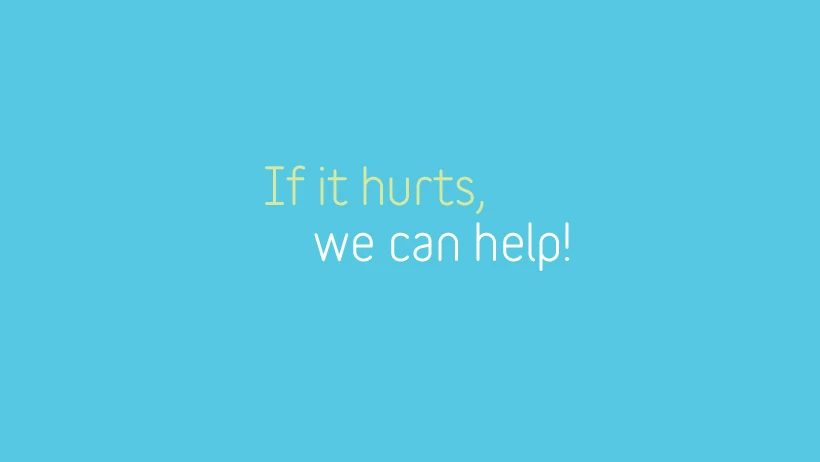What are rotator cuff injuries?
Rotator cuff injuries are what we find in our shoulders. Our rotator cuffs are made up of four muscles and tendons that keep our shoulders stabilised. These muscles and tendons also play an important role in the range of movement in our shoulder, so it is important we look after them!
Rotator cuff injuries are extremely common due to how frequently we use them. The most common injuries tend to fall into one of three categories – these are either strains, tendinitis or bursitis.
Firstly is rotator cuff strains or tears – these are caused by overuse or acute injury. The tendons that connect muscles to bones can overstretch (strain) or tear, partially or completely. The rotator cuff can also strain or tear after a fall, an accident, or another sudden injury. These injuries typically cause intense and immediate pain.
Secondly is Tendinitis – this is an injury usually caused by overuse of the rotator cuff. Common amongst those that play a lot of racket sports or any form of lifting activity that requires us to stretch our shoulders above head height. This type of repetitive movement can cause the joint to become inflamed.
Lastly is Bursitis – this is another common rotator cuff injury caused by inflammation of the bursa. These are fluid-filled sacs that sit between the rotator cuff tendons and the underlying bone.
Not all rotator cuff injuries cause pain, however. Some are the result of degenerative conditions, which means that the rotator cuff could be damaged or injured for months, even years, before symptoms start to appear!
How to know when we may be suffering with a rotator cuff injury?
difficulty achieving full range of shoulder motion difficulty sleeping on the affected shoulder pain or tenderness when reaching overhead pain in the shoulder, especially at night progressive weakness of the shoulder trouble reaching behind the backHow can we treat rotator cuff injuries?
Treatments range from resting, to Physiotherapy, to surgery depending on the severity. Tendinitis can progress to a rotator cuff tear, and that injury can get worse with time. Seeking treatment as quickly as possible helps keep the injury from progressing. If you try resting your injury and it doesn’t make significant improvements after a week then it is advised you seek professional advice from your Physiotherapist.
Non-surgical treatments are found to improve symptoms in around 50% of people with a rotator cuff injury, such as:
applying ice and heat to the affected shoulder to reduce swelling light exercises and stretching to restore strength and range of motion injecting the affected area with cortisone, a steroid that helps to reduce inflammation resting the affected arm and using support to isolate the injury over-the-counter anti-inflammatory medications, such as ibuprofenIf you are struggling with any issues in your shoulder, you can contact us for FREE advice using our online service Ask A Physio or by telephone on 01282 453 110.
#IfItHurtsWeCanHelp






















